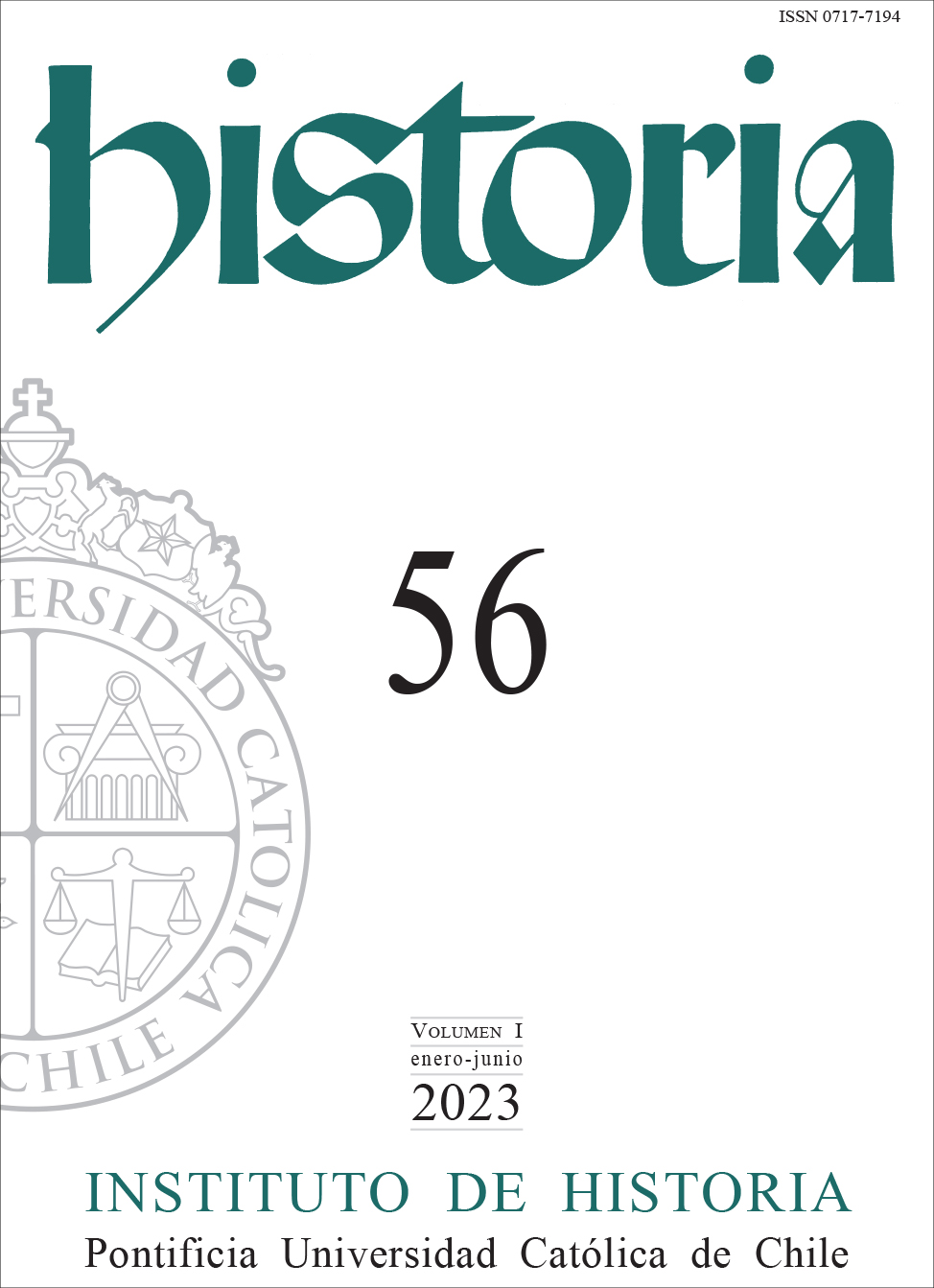School reforms, culture wars, and national consolidation: Uruguay and Belgium, 1860s-1915
Palabras clave:
Uruguay, Belgium, late nineteenth century, early twentieth century, culture wars, school reform, nation-building, positivism, KrausismResumen
Uruguay is a prime example of how a peripheral country creatively digested foreign experiences and became not only Latin America’s first welfare state democracy, but also a pioneer of free, compulsory, and lay education, the work of two political generations, positivist varelistas and Krausist batllistas. This article, based on new archival sources, contemporary newspapers, official publications, and monographs by protagonists argues that one of their consistent reference points, largely ignored in historiography, was Belgium, a country founded almost at the same time as Uruguay and admired for its liberal constitutionalism. Uruguayan reformers’ fascination with Belgium, but also their risk awareness, increased when, from the 1860s, both countries implemented conflictual secularizing school reforms that aimed at belated cultural nation-building.
Descargas
Descargas
Publicado
Versiones
- 2023-07-31 (3)
- 2023-09-21 (2)
- 2023-07-31 (1)
Cómo citar
Número
Sección
Licencia
Derechos de autor 2023 Jens R Hentschke

Esta obra está bajo una licencia internacional Creative Commons Atribución-SinDerivadas 4.0.
Todos los contenidos de esta edición electrónica se distribuyen bajo licencia Creative Commons de “Atribución-Copartirigual 4.0 Internacional” (CC-BY-NC-ND). Cualquier reproducción total o parcial del material deberá citar su procedencia.
Los derechos de las imágenes publicadas pertenecen a sus autores, quienes otorgan a Diseña la licencia para su uso. La gestión de los permisos y la autorización de publicación de las imágenes (o de cualquier material) que contenga derechos de autor y sus consecuentes derechos de reproducción en esta publicación es de exclusiva responsabilidad de los autores de los artículos.


